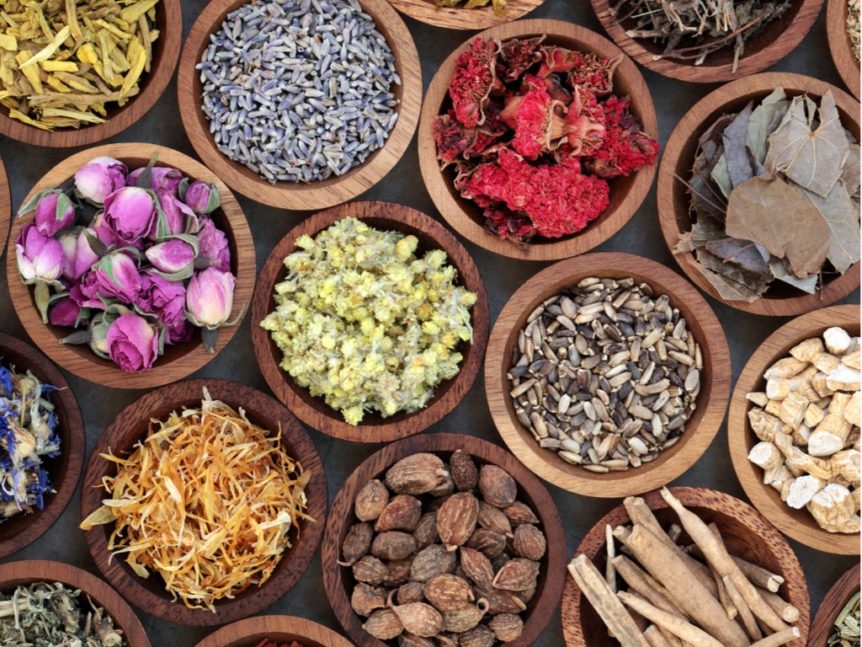Anti-inflammatory herbs and plants have gained significant attention for their potential therapeutic properties in combating inflammation and promoting overall wellness. Nature has provided us with a wealth of plant-based remedies that possess anti-inflammatory properties, making them valuable tools in supporting a healthy lifestyle. In this article, we will explore the benefits and uses of various anti-inflammatory herbs and plants and how they can be incorporated into natural medicine practices
Understanding Inflammation and Its Impact on Healt
Inflammation is a natural response of the body’s immune system to protect against injury and infection. However, chronic inflammation can lead to a range of health issues, including cardiovascular disease, arthritis, and certain types of cancer. Managing inflammation is crucial for maintaining overall well-being. This is where anti-inflammatory herbs and plants can play a significant role.
Powerful Anti-Inflammatory Herbs and Plants
Nature provides a plethora of potent anti-inflammatory herbs and plants that have been used in traditional medicine for centuries. Some notable examples include:
- Turmeric: Known for its active compound curcumin, turmeric has long been used in Ayurvedic and traditional Chinese medicine to alleviate inflammation and support joint health.
- Ginger: With its warming and soothing properties, ginger has been used to reduce inflammation, aid digestion, and relieve muscle pain.
- Boswellia: Derived from the resin of Boswellia trees, this herb has been traditionally used in Ayurvedic medicine to support joint and respiratory health by reducing inflammation.
- Rosemary: Aside from its culinary uses, rosemary contains anti-inflammatory compounds that may help reduce inflammation in the body and support cognitive function.
- Green Tea: Rich in polyphenols, green tea possesses anti-inflammatory and antioxidant properties that can contribute to overall wellness.
- Chamomile: Known for its calming effects, chamomile also offers anti-inflammatory benefits and can be used to soothe digestive issues and promote relaxation.
Incorporating Anti-Inflammatory Herbs and Plants into Daily Life
There are several ways to incorporate anti-inflammatory herbs and plants into your daily routine:
- Herbal Teas: Enjoying herbal teas made from anti-inflammatory plants such as turmeric, ginger, and chamomile can provide a soothing and health-promoting beverage option.
- Culinary Uses: Adding herbs like rosemary and turmeric to your cooking can infuse meals with their anti-inflammatory properties.
- Herbal Supplements: When used under the guidance of a healthcare professional, herbal supplements containing anti-inflammatory herbs can be beneficial in supporting overall health.
- Topical Applications: Certain herbs like ginger and Boswellia can be used topically in the form of creams or oils to alleviate localized inflammation and promote healing.
Conclusion:
Anti-inflammatory herbs and plants offer natural alternatives for managing inflammation and promoting wellness. With their diverse therapeutic properties, these botanical remedies can be integrated into daily life through teas, culinary uses, supplements, and topical applications. However, it’s important to consult with a healthcare professional or herbalist to ensure proper usage and dosage. By harnessing the power of nature, we can tap into the potential of anti-inflammatory herbs and plants as valuable tools for supporting a healthy lifestyle.

